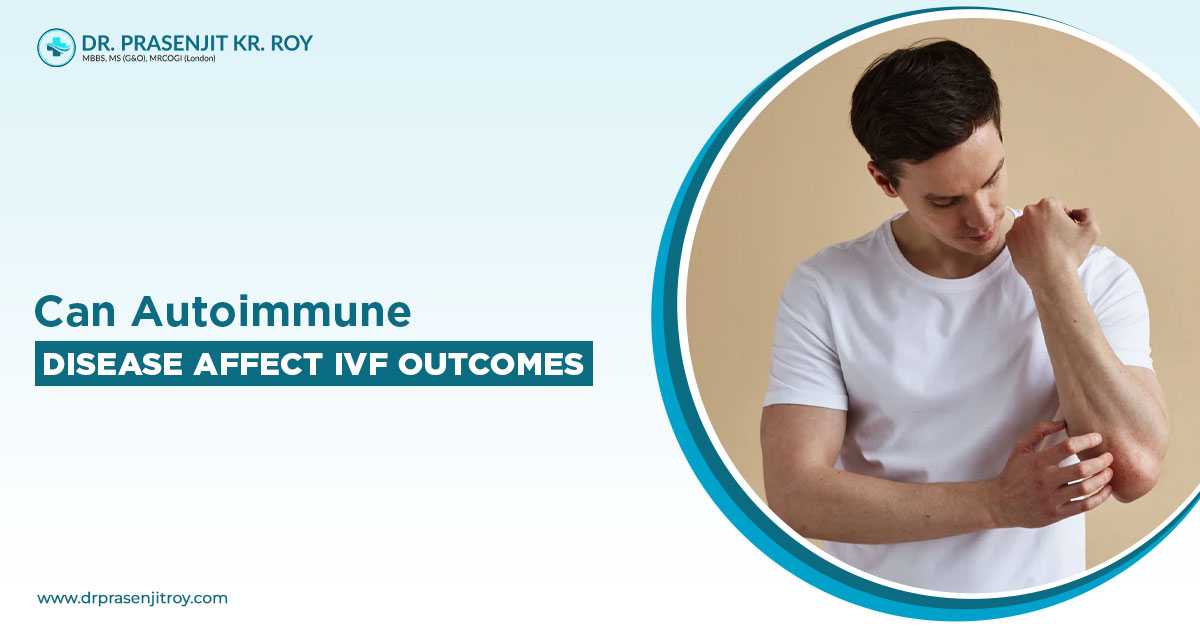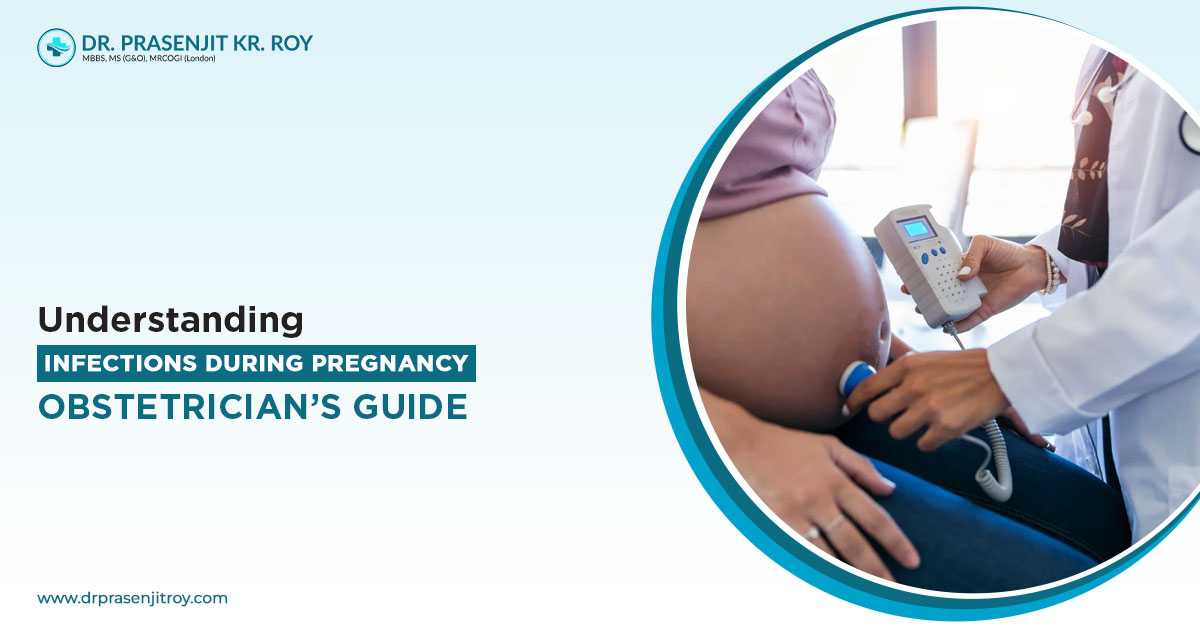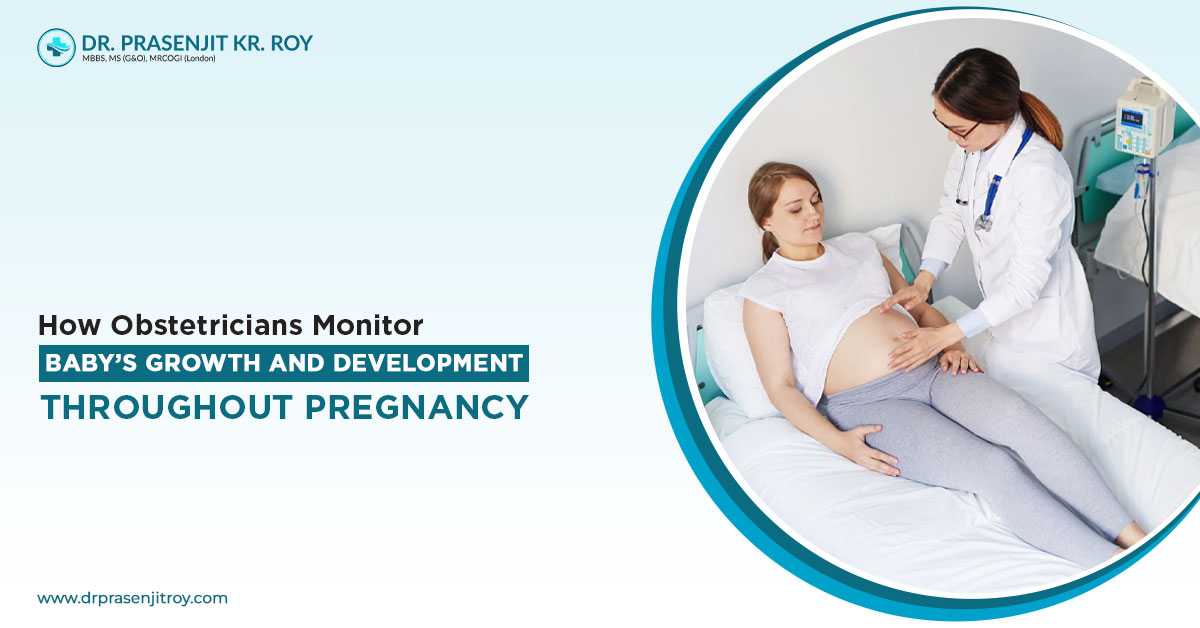A “trigger shot” is a part of the fertility treatment and is often used with timed intercourse, intrauterine insemination (IUI), or in vitro fertilization also known as IVF treatment procedures. If the shot is required in your treatment the doctor will tell you when and how you need to take it along with the needed medication and procedures.
Table of content:
1. What is a trigger shot?
2. What does it do?
3. Side-effects
4. Success rate
What is a trigger shot?
A standard trigger shot contains human chorionic gonadotropin (hCG). This is also called the pregnancy hormone. However, in a trigger shot, it acts more like a luteinizing hormone (LH) that is produced by the pituitary gland.
Trigger shots are used in gonadotropin therapy. Gonadotropin stimulates the ovaries making them useful if:
- You do not ovulate
- Your ovulation is weak
- Ovulation needs control as a part of other procedures
Another trigger shot known as Lupron is used to stimulate a surge in LH. Your doctor may recommend this if you are at a higher risk of developing complications due to traditional trigger shots.
Trigger shots are given once per cycle of ovulation as an injection in the muscle or under the skin.
What does it do?
A trigger shot of hCG helps the ovaries release the mature eggs as part of ovulation.
Timed intercourse/ IUI
With timed intercourse, your doctor will tell you when you ovulate and timely sex or IUI leads to the best results. Your doctor monitors your follicles till they are ready and administers the shot.
IVF treatment
With IVF treatment, the trigger shot is used before the egg retrieval to help in a process called meiosis. In meiosis, before the eggs are released naturally your doctor schedules an egg retrieval procedure to collect them. A shot is given to make this procedure smoother.
Side-effects
There can be a few side effects of the trigger shot. The most common ones include a bloated stomach or pelvic pain. There can also be pain or tenderness at the injection site. OHSS can also be a concern in which your ovaries get swollen and filled with fluid. Mild cases of OHSS can cause abdominal pain, bloating, and gastrointestinal issues like vomiting, nausea, or diarrhea. Severe OHSS is rare but may result in rapid weight gain and abdominal bloating.
Other symptoms include:
- Blood clots
- Difficulty in breathing
- Lower urine output
Success rate
Trigger shots are found to be associated with higher pregnancy rates when used in IUI cycles but the results may differ. Success rates of trigger shot depend on a lot of factor including:
- Age
- Type of infertility
- The use of the fertility drugs
- Other underlying conditions
However, trigger shots have shown successful results in pregnancy.







